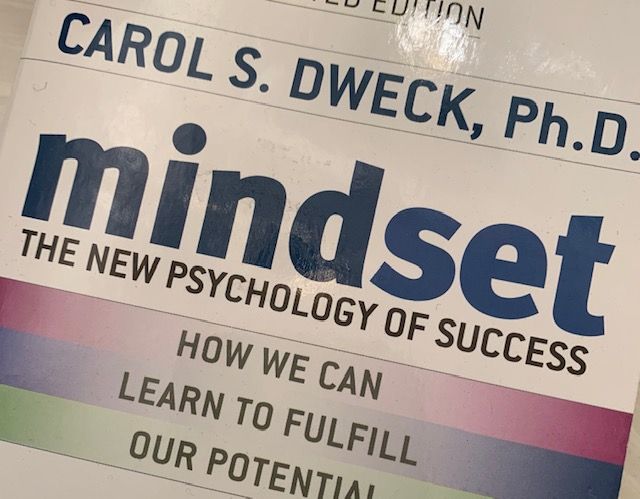What we are missing about Growth Mindset
One of the most memorable social skills groups I ever facilitated was a small group for tweens. I started by telling the kids that we’d be talking about the power of the word “yet.” As explained by Carol Dweck, author of Mindset, when put at the end of a sentence, “yet” can turn any “can’t” attitude completely around. For example, “I can’t run a 7 minute mile….yet!” Just adding this word gives hope that I will get there if I keep at it.
I start the lesson with a generic example. “I can’t do this” and then add “yet!” changing to a more optimistic tone. Without skipping a beat, one of the students finishes the sentence “again.”

When he said this the other members of the group and I erupted in laughter. “I can’t do this, yet again.” I mean, it was pretty clever! And if you can’t take a joke, stay away from tweens. However, afterwards it made me sad when I considered from whose mouth these words were spoken. Someone who most likely had too many yet agains in his young life. I reflect on that moment often and I’m grateful for that student to remind me to always dig deeper.
Limiting beliefs
Missing from most conversations about having a growth mindset is understanding why a child doesn’t have one in the first place. The fixed mindset is one in which abilities are not subject to change. It predetermines success and pigeon holes people.
Positive reinforcement is any consequence to an action that increases the likelihood that action will happen again. If a child doesn’t exhibit the traits of a growth mindset it is because when they have in the past, they have not been met with sufficient positive reinforcement. The payoff of hard work, grit or thinking positively has not been salient enough to outweigh the avoidance behavior of not trying, not persevering.
Changing Behavior
We exhibit behaviors and internalize our beliefs based on our learning history. Our present way of being is the product of our behaviors that have been shaped and molded throughout time based on our interactions with all the different environmental events in our life.
A person’s behavior will not change unless it’s worth it. And especially for children, the reward needs to come quick.
Kids will not believe in themselves unless they have experienced proof that the associated habits actually work. More than motivational pep talks, they need a taste of success before we can expect them to be enlightened thinkers. Since we are the sum of our experiences, we need to make sure that those experiences reinforce the behaviors we want to see more of.
How to Help
- Behavior Specific Praise: Create a positive environment by noticing details and giving genuine praise. For example, “The way you are taking your time to think these questions through is really impressive.”
- Break up tasks so success can be met sooner: Chunk long term assignments into manageable parts per day. Brainstorm with your child how to transform big term goals into a series of short term achievable objectives.
- Be a Model: We adults need to balance providing an atmosphere of security without presenting an unrealistic model of perfection. Share with your child how you tried different strategies to solve a recent problem and let them know how it took a while before you finally found a solution. Or that you haven’t. Yet.
- Recognize success when it happens: Many times when we get more proficient at tasks we take for granted all the steps that got us there. Look for small examples of how you can help your child connect the dots. “Wow, your piano playing has improved so much. I remember how hard you worked to master the first few notes.”
It’s a long game
Long lasting change takes a million micro-interactions. It’s exciting to talk about aha moments but really, consistency is the key. Not doing the same thing over and over but constantly looking for ways to reinforce habits and contrive opportunities for success. It’s said that our thoughts have tremendous influence on our behavior. Let’s not overlook that our behavior also has a tremendous influence over our thoughts.
